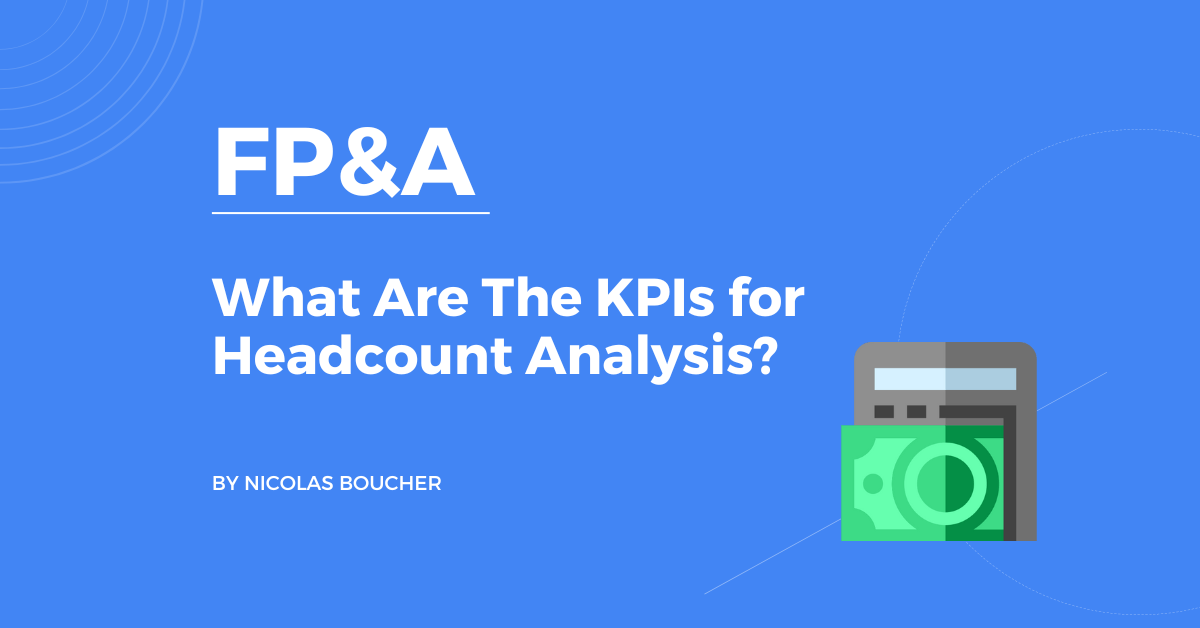A financial KPI (Key Performance Indicator) measures a company’s performance in terms of producing revenue and profits. KPI tracking reveals if a company is succeeding in attaining its long-term objectives. Therefore, here are the top six KPIs for Headcount Analysis.
Table of Contents
#1: Headcount Analysis Evolution and Variance
Salary and Full-time Equivalent (FTE) reports, which are categorized as employee or HR reports and are frequently utilized by HR and other managers to acquire a thorough picture of headcount and compensation status in comparison to plan. As a result, this sort of report’s primary features includes displaying actual and budgeted FTE numbers by division and department for every month of the year.
#2: Full-Time Equivalent
Evolution and variance Full-Time Equivalent is based on the contractual hours of an employee. Therefore, Full-Time Equivalent (FTE) is calculated by dividing the employee’s planned hours by the company’s hours for a full-time workweek. Workers who are scheduled to work a 40-hour workweek are considered 1.0 FTEs by the company. A 0.5 FTE employee is one who is scheduled to work 20 hours per week.
#3: Percentage of Direct Vs. Total Employees
Direct or indirect work is the two types of labor that employees can provide. A direct employee works directly on a project or production order, whereas an indirect employee has more of a supervisory or support function role.
#4: Flexibility
A number of temporary workers, number of hours in time account. In other words, this will help you know how much you can reduce or increase your activity to adapt to the business demand.
#5: Actual Capacity in Hours Vs. Budget
Compare the gross capacity (hours before holidays, sickness, leaves) as well as the net capacity. Also, identify the root cause of differences in your capacity. Furthermore, it can help you explain why fewer or more hours are worked.
#6: Turnover rate in Headcount Analysis
The number of employees leaving the company compared to the total number of employees. You can see if there is some anomaly in some departments or some regions. The dynamics of individuals leaving or remaining in an organization are evaluated using turnover analysis to:
- How many workers leave
- The causes of why people exit or stay
- The expense of turnover caused by a loss in company continuity
- How to reduce the danger of present employees leaving the company through turnover
The Bottom Line – KPIs for Headcount Analysis
Beyond the common financial metrics and KPIs listed above, businesses can track specialized KPIs that focus on their inner workings or functions, such as those related to analyzing inventory, sales, receivables, payables, and human resources.
Do you perform other analyses, and which one has the most value?
To learn more financial metrics and gain more knowledge in Finance, you can take my course.











